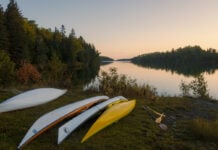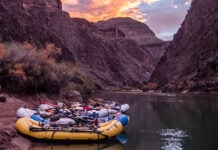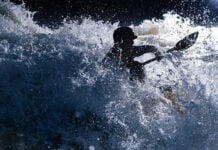Every paddler knows—there’s nothing like going on a multi-day trip to really get to know someone. Tripping together can work out beautifully and cement lifelong friendships or can lead to dramatic disasters when personalities collide under challenging conditions. Here are some key questions to discuss with your tripping partners before setting out on a canoe trip together.
8 Things to Ask Before Tripping Together
1 Trip goals
What are your trip goals? Do you want to be on the water before the crack of dawn for a long day of record-setting paddling? Are you looking forward to relaxing mornings in camp followed by a leisurely jaunt to the next bay? Gourmet meals or lightweight freeze dried fare? Lengthy consensus decision-making or dictatorial efficiency from a single group leader?
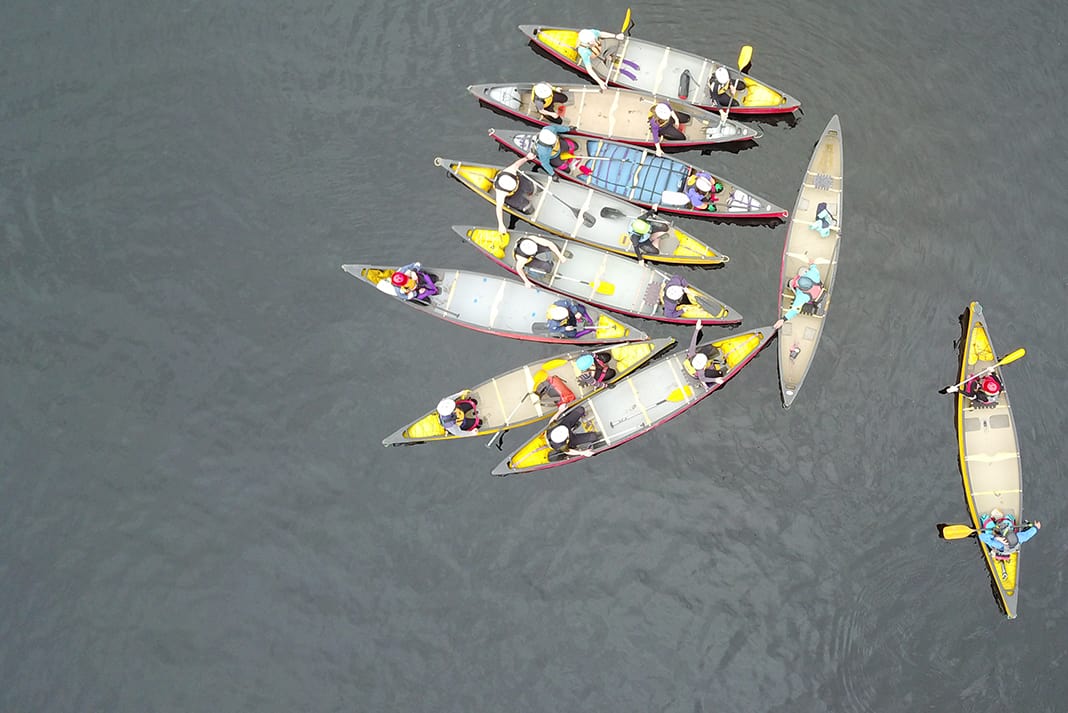
2 Experience
How well do you know each other? What skill sets and range of experience exist in the group? Who has first aid training? Does everyone know how to perform basic assisted and self-rescues? Is the intended route a good fit for the group? Taking an inexperienced paddler for their first wilderness trip can be a rewarding experience for all involved, but should be done thoughtfully. There always will be paddlers of varying speeds, skills and energy levels—can you put your egos on hold to support each other?
Do you have compatible levels of risk tolerance, and the experience and judgment to make sound decisions?
3 Trip route and pace
Do you want an easily accessible front country trip or remote wilderness route? Big crossings or sheltered bays? What is the potential cost of shuttles, float planes, ferries and camping? Given each paddler’s experience and current fitness levels, is your trip route realistic? Is your idea of fun paddling for 15 kilometers or 50 kilometers a day? Does your route have alternate take-outs in case of injury or inclement weather?
4 Decision making and risk tolerance
How is your group going to make decisions, both on shore and on the water? How will you manage risks such as large crossings or surf landings? Do you have compatible levels of risk tolerance, and the experience and judgment to make sound decisions?
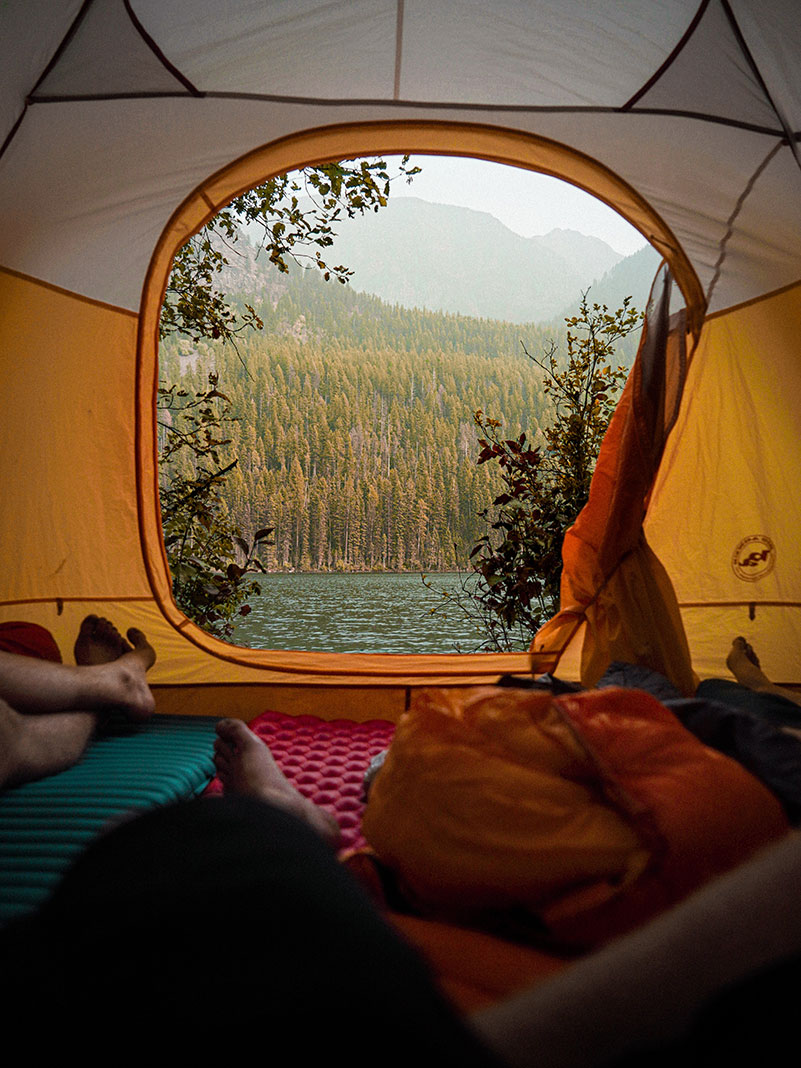
5 Daily routine
Navigation, setting up camp, cooking, doing dishes, collecting firewood—how will daily tasks be divided? Will your group have a chore rotation or just go with the flow each day? Take into account people’s strengths or preferences, go it solo, or divide tasks equally among everyone?
6 Health concerns
Do any group members have health conditions that the others should know about? Food allergies? Nagging shoulder injuries? Critical medication? A tendency to become “hangry”? Share key information so you can support each other when it counts.
7 Secret phobias, pet peeves and essential needs
Do you secretly suffer from crippling ranidaphobia (fear of frogs)? Does it drive you crazy when people don’t stay out of the kitchen while you’re making dinner? Is it dangerous to talk to you before your morning coffee? Some personality quirks are best managed with advance warning!
Regular check-ins, feedback and conflict resolutionWill you have regular check-ins throughout the trip? How will you give each other feedback or resolve potential conflict? Do you relish a no-holds barred debate or do you prefer gentle “I feel” statements? Regular opportunities for honest check-ins will go far towards keeping your trip running smoothly.
It’s time to have the talk—not the birds and bees, but rather some pressing questions about canoe trip compatibility. | Feature photo: Scott MacGregor



